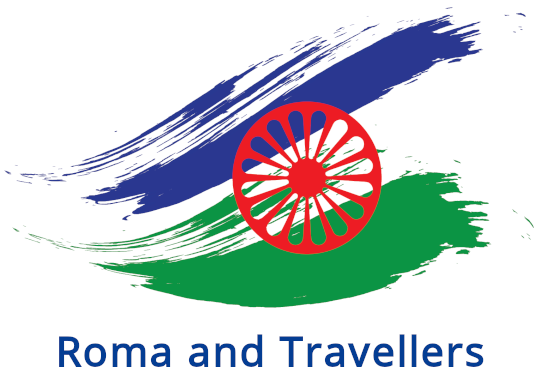7th meeting of the Council of Europe Dialogue with Roma and Traveller Organisations
The 7th meeting of the Council of Europe Dialogue with Roma and Traveller Civil Society (11-12 April 2019) concentrated on the topic of securing housing and/or accommodation rights and preventing forced evictions.
Throughout the Council of Europe member states, Roma and Traveller communities continue to live in conditions of extreme poverty and social exclusion despite efforts to alleviate this condition. Together with education, employment and health care, housing2 and eviction issues are some of the most pressing concerns identified in a number of reports of the Council of Europe monitoring bodies and the Human Rights Commissioner. These areas are all inter-related, as substandard living conditions impact on health, while having a legal residence with secure living conditions is a prerequisite to the recognition and fulfilment of other fundamental rights. Without an address, it is often impossible to register for public services and to participate in civic duties or engage in lawful income-generating activities. With regards to non-sedentary populations of Roma, Gypsies and Travellers, the lack of sites means that many individuals and families are statutorily homeless in countries such as the UK or France.
Resolving housing and accommodation issues helps break the vicious cycle of exclusion.
Roma and Traveller integration is a shared responsibility and all actors (member States, European institutions, international organisations and civil society) have a vital role to play. While recognising the special responsibility of member States, the Council of Europe has within its objectives the dialogue and consultation between the Council of Europe and Roma and Traveller civil society, including those working at grassroots level, on policies and practices relevant for the inclusion of Roma and Travellers, as identified in the Council of Europe Thematic Action Plan on the Inclusion of Roma and Travellers 2016-2019.
Civil society has the necessary network and knowledge about the situation of Roma and Travellers on the ground and can contribute to assist member States and the Council of Europe in meeting their commitments. The role of Roma and Traveller civil society is to provide support and be the bridge between Roma and Traveller communities and decision and policy making. As complementary actors, they can facilitate the directions of Council of Europe actions through constructive and mutual dialogue.
The 7th Dialogue Meeting served as a consultation platform in locating supportive measures for the purpose of identifying priority areas, key targets and effective strategies in enhancing and sustaining the rights of housing and/or accommodation which will be incorporated in the Council of Europe post 2019 Thematic Action Plan on the Inclusion of Roma and Travellers.
It also served as a policymaking forum for Roma and Traveller Civil Society and other stakeholders to improve their knowledge, exchange experiences and share best practices, plan future cooperation activities and identify possibilities for promoting housing and /or accommodation issues.
2 In the context, the term ‘housing’ is used to refer to all types of formal and informal accommodation, including houses, apartments, caravans, encampments, group housing, informal types of housing, etc.



